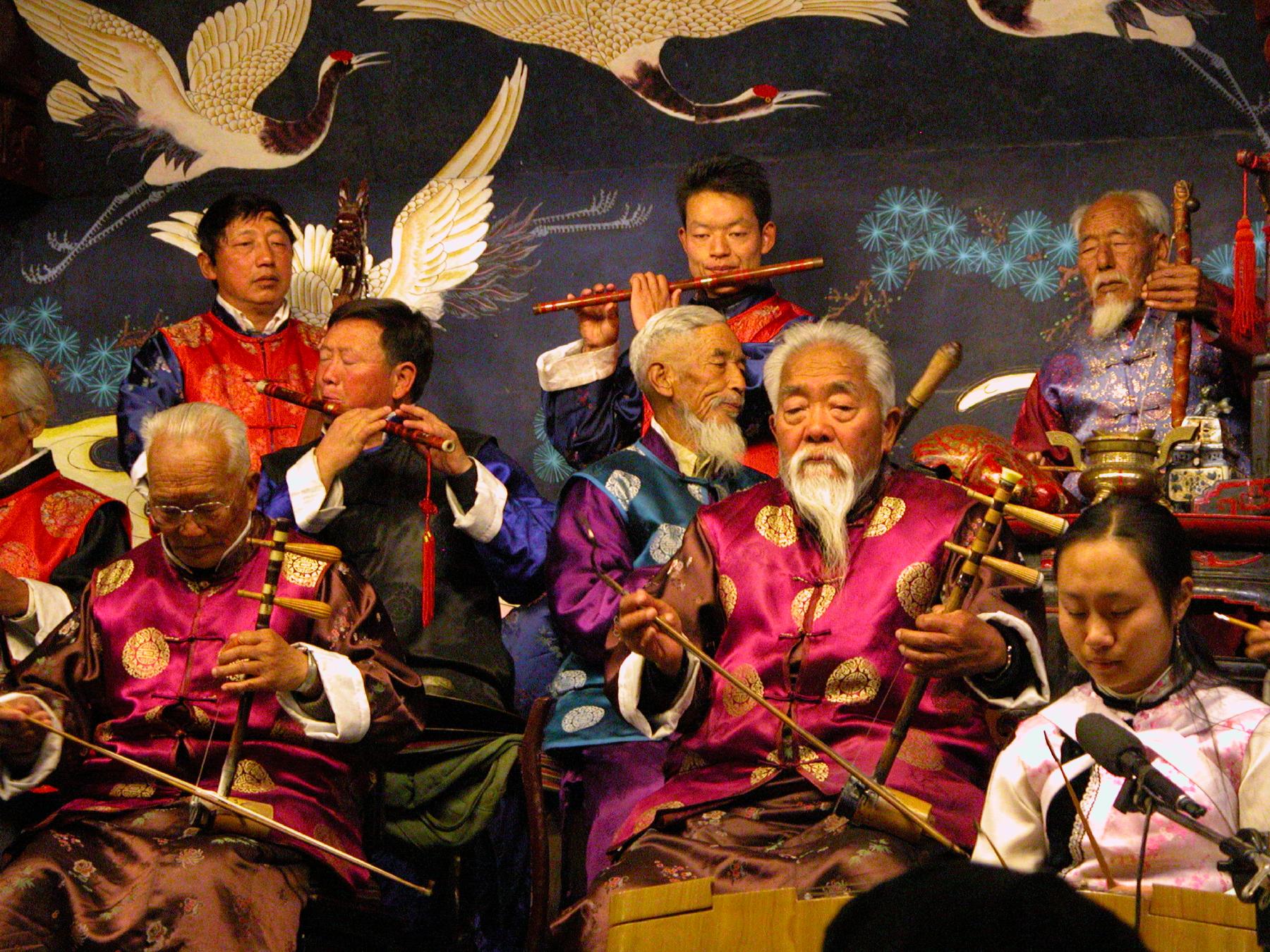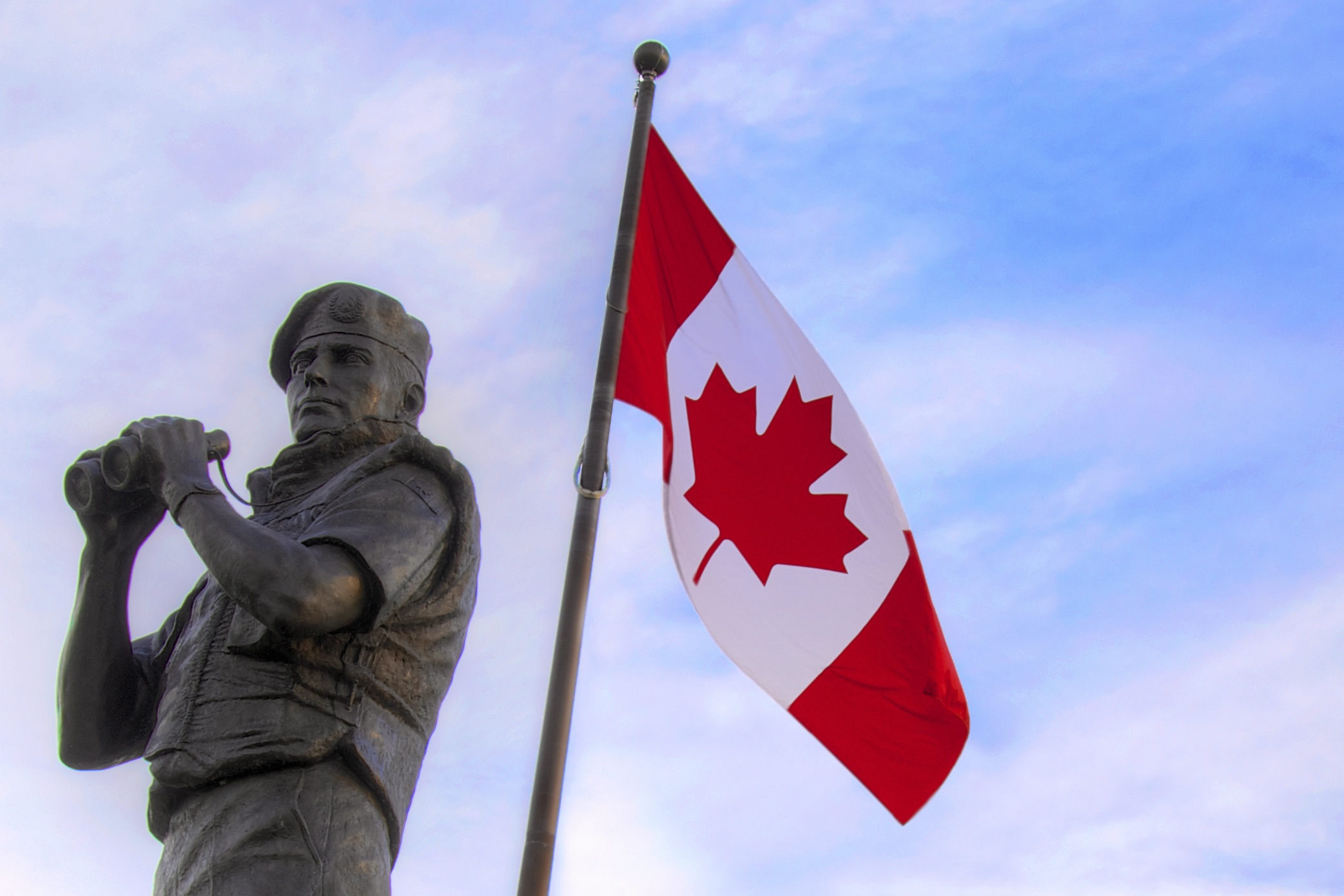On May 31, 2013, President Obama and Secretary General Rasmussen announced that they are planning a summit in 2014 to finalize NATO’s Afghan operation. This summit will deal with many issues of the NATO led operation in Afghanistan, in addition to addressing the future partnership with the Afghan government. Soon after, on June 5, NATO Defence Ministers endorsed the detailed concept for the new NATO-led mission to train, advise and assist Afghan security forces post-2014. The future summit calls on us to reflect on the mistakes that Brussels and Washington have made in Afghanistan and hope that they will not repeat them after 2014. Here are the top 6 mistakes that NATO and the US made in Afghanistan:
6. Abandoning the mission: When the US intervened in Afghanistan the goal was to kill Osama bin Laden, destroy terrorist havens and depose the Taliban government. The Taliban were successfully deposed though they later regrouped in the border areas between Afghanistan and Pakistan. Al-Qaida leaders found their way to Pakistan and became the moral head for hundreds of other extremist groups committed to fighting the West, wherever it might take them. Despite the failure to achieve the initial goals of intervention, then Secretary of Defence Donald Rumsfeld announced on May 2003 that major combat was over. Resources and attention were shifted to Iraq, and Afghanistan was abandoned. In consequence, Taliban actively materialized to a full-fledged insurgency threatening Afghanistan’s peace and security.
5. Picking Karzai: The US picked Hamid Karzai as the top man in Afghanistan. Karzai lacks charisma and a commanding trait, which Afghans want to see in their leader. In 2009, his re-election was rigged by election fraud, which stripped him of the public support he enjoyed during his first term in the office. Further, his inability to execute reform, tackle corruption, and establish rule of law delegitimized his leadership internationally as well. But Karzai is leaving office in 2014. Whom NATO and the US will put their support behind will be something worth waiting for.
4. Supporting a faulty constitution: Afghanistan ratified its new constitution in 2003, which paved the way for a new political and civic institution, though ignoring ethnic contestation and the politicization of religion. By law Afghanistan is a centralized state with democratic institutions that respect the principles of human rights as outlined in the Universal Declaration of Human Rights. However, a careful reading of the constitution reveals that the exercise of every other constitutional ‘right’ is conditional on the principle that it should not violate the principles of Islam. This allowed Islamic conservatives to consolidate their position in the government downgrading every democratic effort. In consequence, religion became the overarching value of Afghan society transcending every other aspect of it.
3. Shifting policy toward Afghan forces: In 2002 the Afghan National Army (ANA) was founded with a total number of 70,000 troops. Realizing the fact that Afghanistan could not be secured with a smaller security force, NATO/US increased the size of the ANA each year, reaching 195,000 in 2012. The process to recruit, train and deploy a soldier to the battlefield takes 8 weeks. This is not a realistic timeframe in which to vet, train and prepare a soldier for combat. In consequence, the number of insider attacks by Taliban increased. The ANA is currently losing thousands in casualties and desertion. This attrition rate requires Afghan security forces to sign up 50.000 new recruits every year to replace the loss. Moreover, the US administration has decided to reduce Afghan Security forces from the current number of 352.000 to 230.000 in 2017 with no condition that security will be improved. That being said, we should not be very hopeful of a secure Afghanistan in the near future.
2. Not knowing your allies and enemies: The US didn’t know much about their enemy; I beg your pardon, enemies: Taliban and Pakistan. Taliban and Al-Qaida leaders are provided shelter in major cities of Pakistan such as Peshawar, Quetta and Karachi. Osama bin Laden was found in Pakistan, and every day dozen of attacks are orchestrated from the territory of Pakistan against NATO troops in Afghanistan. How NATO and the US tackle the union of ally and enemy is a dilemma that can only be solved by redefining who the enemy is in this war against terrorism. Continuing to fight a war where you can reach only halfway to the enemy is a guaranteed recipe for failure.
1. Talks with the Taliban: With the opening of a Taliban office in Qatar and the US willingness to open direct talks with the Taliban, it seems that the US never knew who are the Taliban. The Taliban exists only through violence and destruction. Perhaps, the Obama administration is desperate to reach some sort of settlement in Afghanistan before 2014. Putting aside the moral aspect of negotiation with the Taliban, what the Obama administration ignores is that Afghans do not support unilateral peace talks with the Taliban. Any outcome of this process would be counter productive, destabilizing Afghanistan and regional security further.
Knowing our mistakes is not a matter of disappointment. Rather, it is an opportunity to correct them. It is important to acknowledge these mistakes to help ensure that they are not repeated as we move forward in our mission in Afghanistan after 2014.




